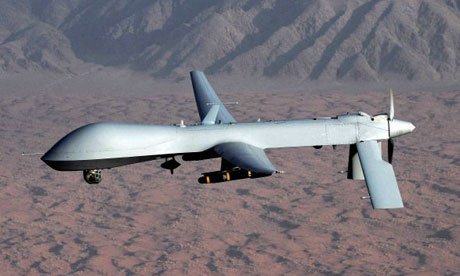By Ryan Aliman
Impunity Watch Reporter, Africa
HARARE, Zimbabwe – Last week, a man was arrested for “photoshopping” a picture of President Robert Mugabe.

Zimbabwean police received information that Ronald Chikambure, a professional graphic designer, had a manipulated photo of the President posted on his office wall. In the photo, Chikambure’s head was said to be placed onto the body of President Mugabe while he was inspecting a guard of honor. The government then charged Chikambure with “undermining the authority of the President”.
According to the prosecution, what Chikambure allegedly did was against the country’s “insult laws”. “The picture had been edited to give a false impression to people who entered Chikambure’s office that it was him in the picture, and not the President,” prosecutor Stanley Ncube said during an interview with the local press.
However, when the police raided Chikambure’s office, they did not find the reported picture. Instead, they found a soft copy of the image, along with the photo editing software Photoshop, in his laptop.
Represented by his lawyer Jonathan Tsvangirai. Chikambure pleaded not guilty before Zvishavane magistrate Story Rushambwa during his hearing on Tuesday. Since then, he was remanded out of custody to February 14 on a 100USD bail.
Activist Phillip Pasirayi from the Centre for Community Development in Zimbabwe (CCDZ) told SW Radio Africa that Chikambure’s arrest is a mockery of justice and democracy. “We are still living in a dictatorship,” he exclaimed. “In an advanced democracy it is normal to criticize political leaders and government leaders in such a fashion. And the government should be drawing lessons from what the criticisms are about.”
He suggested that the government should “reflect on that which they are insulted by and address the concerns without restoring to insult laws to prosecute people.”
Pasirayi also speculated that this incident is part of the government’s scheme to intimidate its critics. “This strategy of muzzling people, it is a strategy of ZANU PF to silence critics, to silence civil society, to silence the media, to silence anyone,” he said.
Apparent in the increasing number of criminal cases under the “insult law” is the government’s growing “paranoia”, according to Pasirayi. Last year, a local carpenter was arrested for making a joke about President Mugabe. While watching a live coverage of President Mugabe’s 88th birthday celebrations, the carpenter reportedly suggested that the Zimbabwean leader must have had help blowing up his birthday candles.
“Making a joke, drawing a caricature or changing a picture for personal use should not be an offence,” Pasirayi finally added.
For further information, please see:
SW Radio Africa – Zim man charged over Photoshopped Mugabe image – 1 February 2013
News Zimbabwe – Photoshopped Mugabe snap lands man in court – 31 January 2013
All Africa – Zimbabwe: Insult Laws Stifle Debate – 1 August 2012
SW Radio Africa – Zim carpenter charged over Mugabe joke – 29 February 2012



